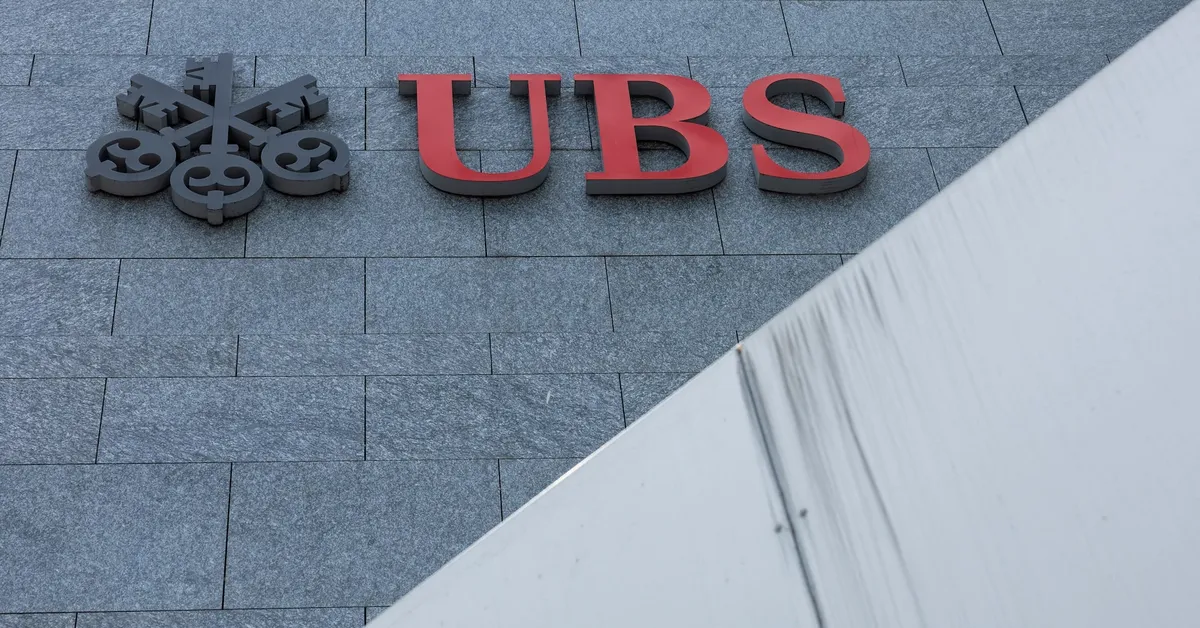
Two years after acquiring Credit Suisse to create a dominant force in the Swiss banking sector, UBS is proactively working to mitigate potential regulatory challenges. Recent discussions reveal that UBS is proposing to limit the future size of its investment banking division while also committing to hold more capital. This strategy comes in the wake of Credit Suisse's collapse in 2023, which prompted Swiss regulators to insist on higher capital reserves to enhance the safety of the banking industry.
In a memo to staff dated March 19, UBS CEO Sergio Ermotti expressed his surprise at the regulatory hurdles that emerged following the acquisition. Ermotti noted that the very authorities who encouraged UBS to take on the challenges posed by Credit Suisse are now presenting obstacles that complicate the bank's path forward. As UBS primarily generates profits through managing wealth for affluent clients, excessive capital demands could potentially depress its stock value, making it a target for acquisitions from competitors like Morgan Stanley, JPMorgan, Goldman Sachs, and HSBC.
In an effort to address regulatory concerns, UBS is offering assurances to regulators to avoid what could amount to over $40 billion in additional capital requirements. This figure reflects the potential need for the bank to back its involvement in foreign entities with 100% equity, as proposed by the Swiss financial regulator FINMA. Currently, UBS only needs to cover 60% of this equity, according to a presentation shared with lawmakers.
As part of its strategy, UBS is considering capping its investment banking division at approximately 30% of its total business. This division, which encompasses stock and bond trading as well as corporate advisory services, is deemed riskier due to its direct exposure to market fluctuations. At the end of 2024, the investment banking sector accounted for about 21% of UBS's risk-weighted assets, leaving room for expansion. In contrast, this division represented nearly two-thirds of such assets in 2008 when UBS required a government bailout, a historical context that continues to influence public opinion on banking regulations.
Banking analyst Daniel Bosshard from Luzerner Kantonalbank believes that a compromise capping the investment banking business at 25% to 30% could be palatable to both UBS and regulators. However, he cautioned that reaching a resolution won't happen quickly, leading to ongoing uncertainty in the market.
In terms of capital, UBS is prepared to bolster its reserves, though not to the extent some policymakers desire. The bank estimates that due to the Credit Suisse acquisition and new international regulations, it will already require an additional $19 billion in capital. Reports suggest that UBS might be willing to add another $5 billion to its reserves, which falls short of what strict regulatory advocates, including FINMA, seek.
While UBS maintains that it supports governmental efforts to enhance financial stability, it emphasizes that these measures should not impose disproportionate burdens on the bank. A spokesperson for UBS highlighted that the institution is already one of the best-capitalized banks globally.
In May, the Swiss government is expected to provide an estimate of how much additional capital UBS should retain under the new regulations. However, the final approval process for these regulations could extend until 2028 or even longer, according to officials. In the meantime, UBS is exploring various scenarios, including the potential relocation of its headquarters, although sources indicate that there are no intentions to leave Switzerland.
The recent decision by the government to allow parliament to manage the new regulatory rules has opened up avenues for UBS to engage with lawmakers, potentially easing the impact of regulations. Lawmaker Franziska Ryser from the Green Party reassured that the regulatory changes would not lead to UBS's departure from Switzerland, stating that discussions would be conducted calmly to reach a suitable resolution without imposing extreme rules.